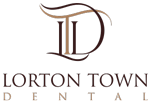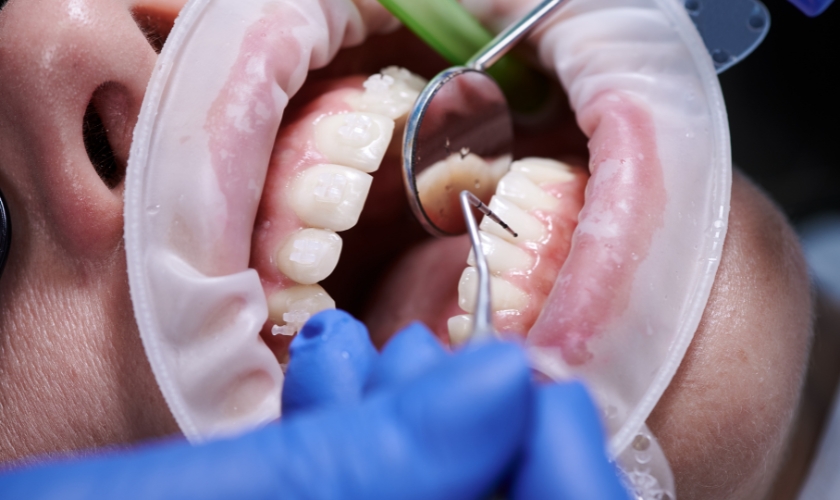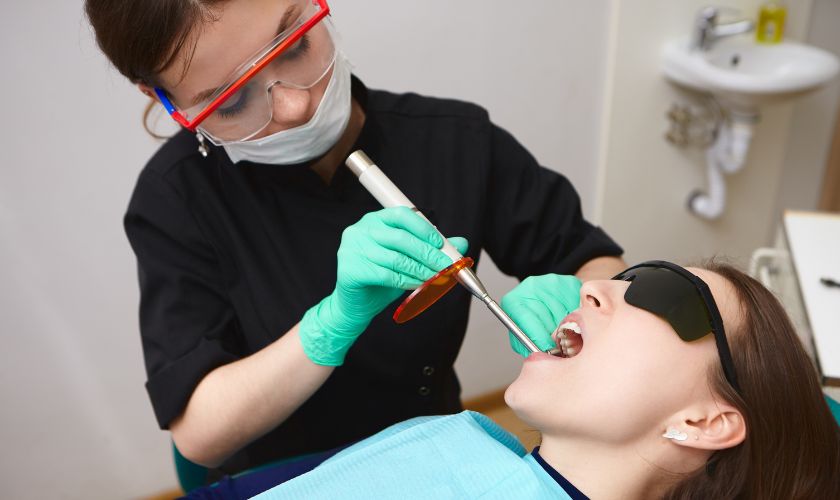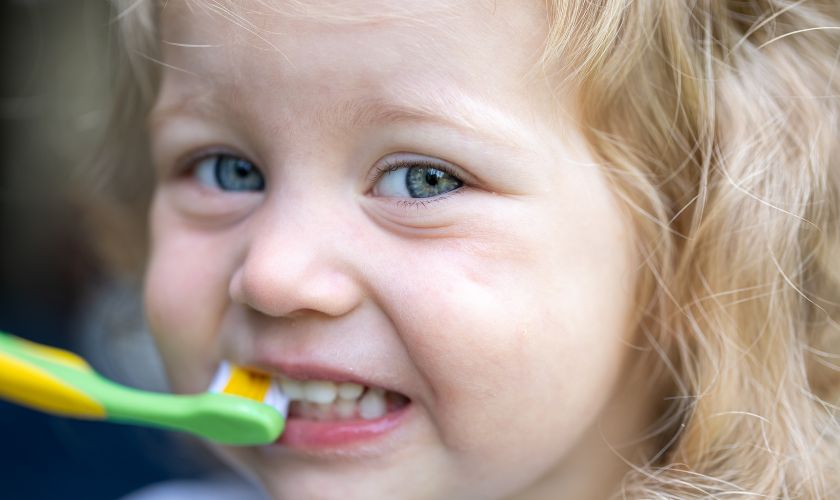(703) 372-5665
What Happens If You Lose An Adult Tooth?
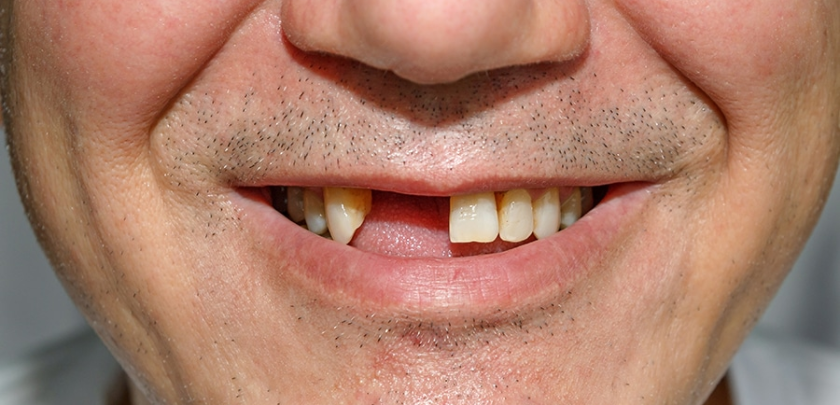
What Happens If You Lose An Adult Tooth?
Unlike our childhood experience of wiggly baby teeth, losing a permanent tooth as an adult is a cause for concern. Adult teeth are designed to last a lifetime, so their absence signals a potential problem and can have significant consequences for your oral health, smile, and even self-confidence.
This blog post will delve into what happens when you lose an adult tooth, the reasons behind it, and the different options available to restore your smile and functionality.
Why Adult Teeth Fall Out:
Losing a permanent tooth isn't a natural process. Unlike baby teeth, adult teeth are designed to be with you for life. There are a few main reasons why an adult tooth might fall out:
- Gum Disease: This chronic inflammatory condition, if left untreated, can damage the bone and tissue supporting your teeth, eventually leading to tooth loss.
- Tooth Decay: Untreated cavities can progress to the pulp, the inner part of the tooth, causing infection and ultimately tooth loss.
- Injury: Accidents or trauma to the face can damage or knock out a tooth.
- Other Factors: Certain medical conditions and medications can also contribute to tooth loss.
Consequences of Losing an Adult Tooth:
The impact of losing an adult tooth goes beyond the aesthetics of your smile. Here are some potential consequences:
- Chewing Difficulties: Missing teeth make it harder to chew food properly, which can lead to digestive issues and nutritional deficiencies.
- Speech Impediments: The gaps left by missing teeth can affect speech clarity, making it difficult to pronounce certain sounds.
- Shifting Teeth: The remaining teeth may shift to fill the gap, leading to misalignment, crowding, and bite problems.
- Jawbone Deterioration: The bone that supported the missing tooth can deteriorate over time, affecting the structure of your face and potentially requiring bone grafting for future dental procedures like implants.
- Self-Esteem: Missing teeth can negatively impact your self-confidence and make you hesitant to smile or laugh freely.
What to Do if You Lose an Adult Tooth:
If you lose an adult tooth, time is of the essence. Here's what you should do:
- Act Quickly: The sooner you see a Lorton dentist, the better the chance of saving the tooth. Ideally, you should seek help within an hour of losing the tooth.
- Locate the Tooth: If possible, find the tooth and handle it by the crown (the white part). Avoid touching the root.
- Rinse and Store: If you can reinsert the tooth back into the socket, do so gently. Otherwise, rinse the tooth with milk (not water) and store it in a container of milk until you can see a dental professional.
- See a Dentist: A dental professional will examine the tooth and the socket to determine if reimplantation is possible. If not, they will discuss options for replacing the missing tooth.
Restoring Your Smile: Replacement Options
There are several options available to replace a missing tooth, each with its own advantages and disadvantages:
- Dental Implants: Considered the gold standard of tooth replacement, implants are surgically placed titanium posts that mimic the root of a tooth. They support a crown that looks and functions like a natural tooth. Implants are durable, long-lasting, and help preserve jawbone health. However, they are also the most expensive option.
- Dental Bridges: Bridges are fixed restorations that use crowns on the teeth on either side of the gap to support an artificial tooth in the middle. Bridges are a good option for replacing one or two missing teeth and are typically less expensive than implants. However, they require grinding down healthy teeth for support.
- Partial Dentures: These removable appliances consist of replacement teeth attached to a gum-colored base. They are a cost-effective option for replacing multiple missing teeth but may not be as comfortable or stable as dental implants or bridges.
Preventing Tooth Loss:
The best way to deal with missing teeth is to prevent them in the first place. Here are some tips for maintaining good oral health and keeping your adult teeth healthy:
- Brushing and Flossing: Brushing your teeth twice a day and flossing daily removes plaque and bacteria that contribute to gum disease and tooth decay.
- Regular Dental Checkups: Schedule regular dental checkups and cleanings for early detection and treatment of any dental problems.
- Healthy Diet: Limit sugary and acidic foods that can damage your teeth. Eat a balanced diet rich in calcium and vitamins to support strong teeth and bones.
- Wear a Mouthguard: If you participate in sports or activities with a high risk of facial injuries, wear a mouthguard to protect your teeth.
Losing an adult tooth can be stressful, but it's important to remember that you have options. By seeking prompt dental care and exploring
